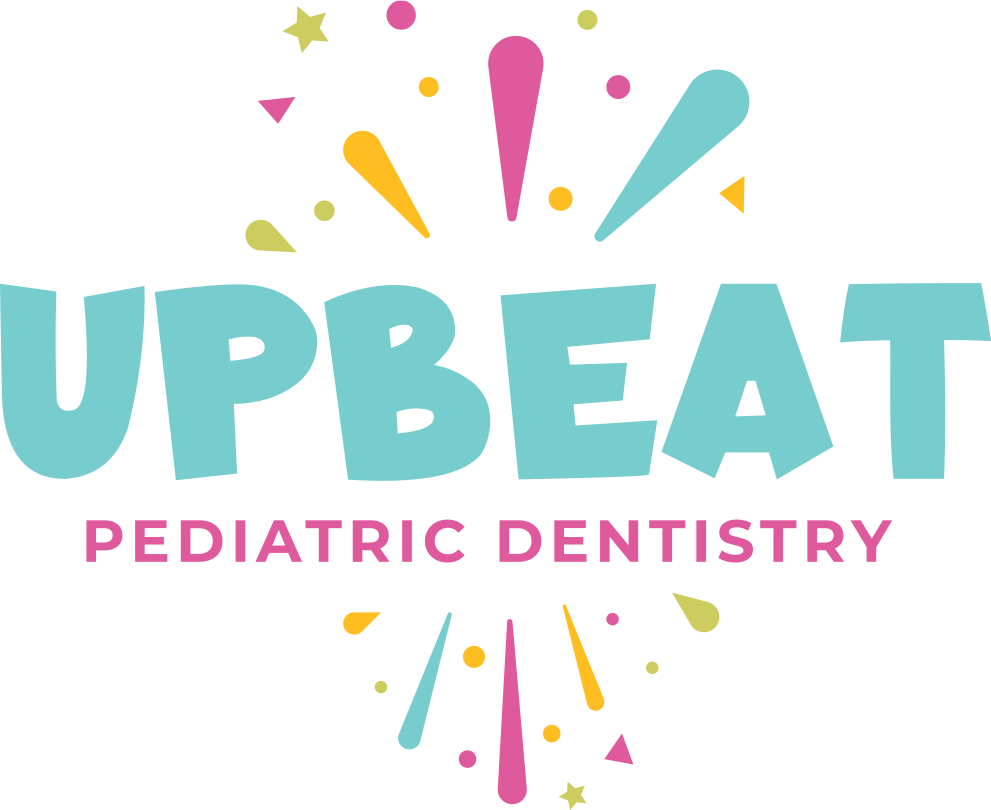When it comes to maintaining good oral health, most people think about brushing, flossing, and regular dental visits.
However, nutrition plays a crucial role in keeping your teeth and gums healthy. One of the most beneficial food groups for oral health is vegetables.
In this blog post, we will explore why vegetables are so important for oral health and how they can help prevent dental problems.
1. Nutrient-Rich for Strong Teeth
Vegetables are packed with essential vitamins and minerals that are vital for the development and maintenance of strong teeth. For instance:
- Calcium: Crucial for building and maintaining strong tooth enamel. Vegetables such as kale, broccoli, and spinach are excellent sources of calcium.
- Vitamin A: Important for maintaining healthy mucous membranes and promoting saliva production. Carrots and sweet potatoes are rich in vitamin A.
- Vitamin C: Essential for healthy gums and preventing gum disease. Bell peppers, tomatoes, and leafy greens are high in vitamin C.
By including these nutrient-rich vegetables in your child’s diet, you can help ensure they have the necessary building blocks for strong, healthy teeth.
2. Natural Cleansers for Teeth
Certain vegetables act as natural cleansers for your teeth. Crunchy, fibrous vegetables like celery, carrots, and cucumbers help to scrub away plaque and food particles from the surface of the teeth.
These vegetables also stimulate the production of saliva, which is essential for neutralizing acids in the mouth and washing away harmful bacteria. Saliva is the mouth’s natural defense against tooth decay, and vegetables that promote saliva production play a crucial role in maintaining oral health.
3. High Fiber Content
Vegetables are generally high in fiber, which is beneficial for oral health in several ways. Fiber helps to:
- Stimulate Gums: Chewing fibrous vegetables massages the gums and keeps them healthy.
- Reduce Risk of Gum Disease: High-fiber diets are associated with a lower risk of gum disease. The mechanical action of chewing fibrous foods helps clean the teeth and gums.
- Promote Overall Health: A diet high in fiber is good for overall health, which is closely linked to oral health.
Encouraging your child to eat a variety of fiber-rich vegetables can help them develop healthy gums and reduce their risk of gum disease.
4. Low in Sugar
Unlike many processed foods and sugary snacks, vegetables are naturally low in sugar.
High sugar consumption is a leading cause of tooth decay because it provides food for harmful bacteria in the mouth, leading to the production of acids that erode tooth enamel.
By incorporating more vegetables into your child’s diet, you can reduce their overall sugar intake and lower their risk of developing cavities.
5. Alkaline Properties
Some vegetables have alkaline properties that help neutralize the acids produced by bacteria in the mouth.
Vegetables like spinach, kale, and broccoli can help maintain a balanced pH level in the mouth, creating an environment that is less favorable for harmful bacteria to thrive.
A balanced pH is essential for preventing tooth decay and maintaining healthy teeth and gums.
6. Hydration and Saliva Production
Many vegetables have high water content, which helps keep the mouth hydrated.
Staying hydrated is important for saliva production, which is the mouth’s natural defense mechanism against tooth decay. Vegetables like cucumbers, lettuce, and zucchini are excellent sources of hydration and can help keep your child’s mouth moist and healthy.
7. Preventing Bad Breath
Bad breath, or halitosis, can be caused by a variety of factors, including poor oral hygiene and diet.
Vegetables that are high in chlorophyll, such as parsley, spinach, and kale, have natural deodorizing properties that can help neutralize bad breath.
Encouraging your child to eat these vegetables can help them maintain fresh breath and good oral hygiene.
Tips for Incorporating Vegetables into Your Child’s Diet
- Start Early: Introduce a variety of vegetables to your child’s diet at a young age to help them develop a taste for these healthy foods.
- Make It Fun: Get creative with vegetable presentations. Use cookie cutters to create fun shapes or involve your child in the preparation process.
- Lead by Example: Children are more likely to eat vegetables if they see their parents and caregivers enjoying them. Make vegetables a regular part of family meals.
- Add Vegetables to Favorite Dishes: Incorporate vegetables into dishes your child already loves, such as adding spinach to smoothies or including vegetables in pasta sauces.
- Offer a Variety: Provide a range of vegetables to ensure your child gets a variety of nutrients and to keep meals interesting.
Conclusion
Vegetables are essential for maintaining good oral health and preventing dental problems.
By providing essential nutrients, acting as natural cleansers, promoting saliva production, and reducing sugar intake, vegetables play a vital role in keeping your child’s teeth and gums healthy.
At Upbeat Pediatric Dentistry, we encourage you to make vegetables a regular part of your child’s diet and to prioritize their oral health from a young age. For more tips on maintaining your child’s oral health or to schedule a dental check-up, visit our website or contact us today.
Together, we can help your child achieve a healthy, happy smile!







